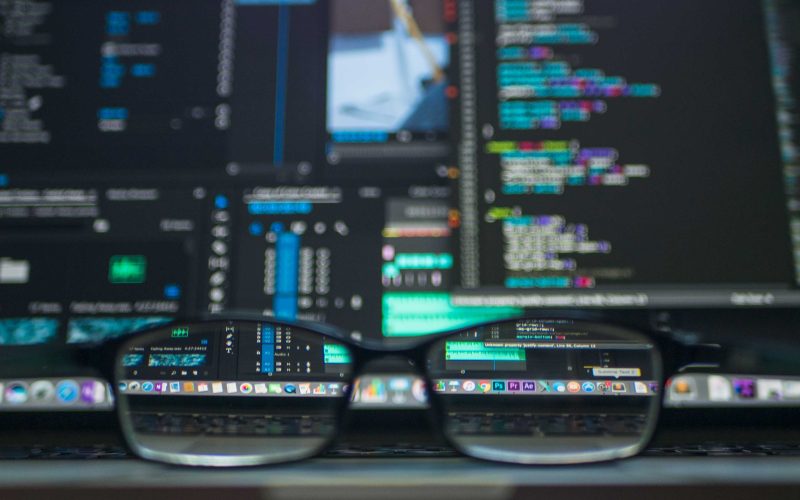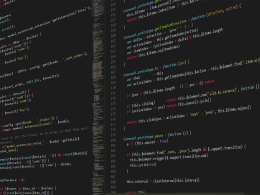Simply put, traditional antivirus available in retail cannot completely stop hackers. Also, these kinds of antivirus can only recognize the presence of a threat after the damage was inflicted on the victim’s device.
Hackers can use a variety of methods to gain access to a system, such as exploiting vulnerabilities in software or using phishing tactics to trick users into providing their login credentials. Antivirus software can help detect and remove malware that may have been used in these attacks, but it may not be able to prevent the initial intrusion.
Hundreds of thousands of hacking attempts occur daily, and many of the biggest breaches end up as headlines in the news. However, individuals neglect to protect themselves with adequate Personal Managed Cybersecurity.
Hacking means any activity that involves compromising digital devices, like computers, tablets, or smartphones. Hackers could limit your ability to use your device to pursue more aggressive crimes stealing your money or data. They network together to find victims worldwide where the internet is available.
Using a set of commands and codes, hackers can break into your device and access all its data and personal information. They gain access to your computer system with the help of Malware such as Worms, Viruses, and Trojans. The real question is: how do we stop hackers? This article will explain everything you need to know about Antivirus and hackers.
Check out our Free Dark Web Scan below if you think your email was compromised. We have a free tool to let you know if your email is on the Dark Web.
Antivirus Software
Antivirus serves one primary purpose: protecting your computer system from malicious code or programs that run locally, often called computer viruses or Malware. Worms, Computer Viruses, Botnets, and Spyware are types of Malware.
Traditional Antivirus is a signature-based cybersecurity solution because it is a search tool that looks for ‘signatures’ of known Malware on your device. Upon detection, traditional antivirus removes them. But, there could be damage to your computers after the virus has entered the operating system.
Antivirus software has three primary purposes. They are:
- Scan your computer system to detect any Malware
- Inform you about potential Malware on your device
- Remove Malware and Viruses from your computer system.
The Inner Workings of Traditional Antivirus Software
Different types of antivirus software provide various scanning features and scanning filters. The three most common and prominent scanning filters are:
Instant Scanning
In this scanning feature, the antivirus software instantly and automatically scans your computer systems like your device files, USB plugins, etc.
Automated Scanning
In this scanning feature, the antivirus software will check your entire computer system based on performance daily and notify you about your device. This scanning feature is also called a programmed scanner.
Manual Scanning
In this scanning feature, the antivirus software will scan one file at a time and only do so when you direct it.
Antivirus has various functions depending on the software that you installed. Here are a few standard tasks that are common for all software:
- Scanning, detecting, and removing Malware
- Initiate scans for external devices like USB Drives
- Scheduling scans and notifying you about detected viruses
- Run daily security checks on the device
- Report on daily security checks and estimate how protected your device is
Stopping Hackers From Accessing the Device
Even after spending vast amounts of money on antivirus software, we often have one question: can antivirus stop hackers? Unfortunately, there isn’t a straight answer.
If hackers use a new type of virus, your antivirus software will not detect it because there is no known signature. It is essential to understand that no antivirus software is 100% hack-proof, but it can help you reduce the number of threats.
To properly and completely secure your device, antivirus software is not enough. It would be best to have antivirus software, a proxy, a firewall, encryption, data loss prevention software, and a backup solution. Plus, using other techniques like two-factor authentication and a password manager can help remove the possibility of the hacker gaining access in the first place.
Furthermore, traditional antivirus can’t stop threats in real time. That’s why enterprises use teams of cybersecurity experts on call 24/7 in case a threat is recognized on a device or network. So, even if your Antivirus software could recognize malware on your device, you might not have the time or energy to remediate the problem before your personal data, such are credit card numbers, are exposed.
What Does Antivirus Fail to Detect?
Antivirus software fails to detect the newest viruses and second-generation Malware. Most importantly, antivirus software only detects 45% of viruses and malicious software.
Second-generation Malware is difficult to detect because it runs independently in the operating system and executes its harmful codes before windows start or load. This new type of Malware begins initiating its destructive code as soon as the user pushes the power button. This replication method is why Second-generation Malware is difficult to detect and remove.
Antivirus software is not the best way to protect your data from hackers. We understand that antivirus software is not the only way to protect your computer systems. A virus on your computer system can slow it down immensely and damage your data forever. You might lose bank account information and passwords protected by a password manager.
Different antivirus providers are not the same, and each has its advantages and disadvantages. Some do not even have adequate spyware protection.
The best way to stay protected is to get Agency cybersecurity. We offer 24/7 managed security for individuals with our enterprise-grade personal cybersecurity solution. We believe in our product so much that it is backed by a $1M cyber guarantee.
With Agency, you will never have to worry about legacy antivirus programs that cannot protect you from new malware or other unauthorized software. Furthermore, you’ll have access to a 24/7 managed cybersecurity team who constantly monitors your devices for threats.
So can Antivirus stop hackers? The straight answer is no. You will need a more robust security solution to protect your computers and devices. Agency is a better solution than Antivirus alone to stop hackers.







